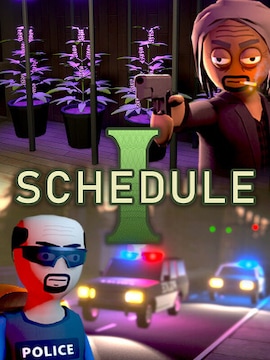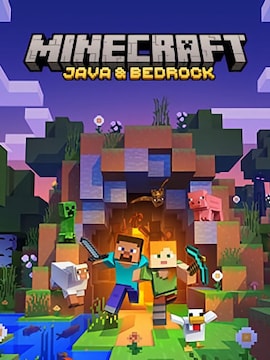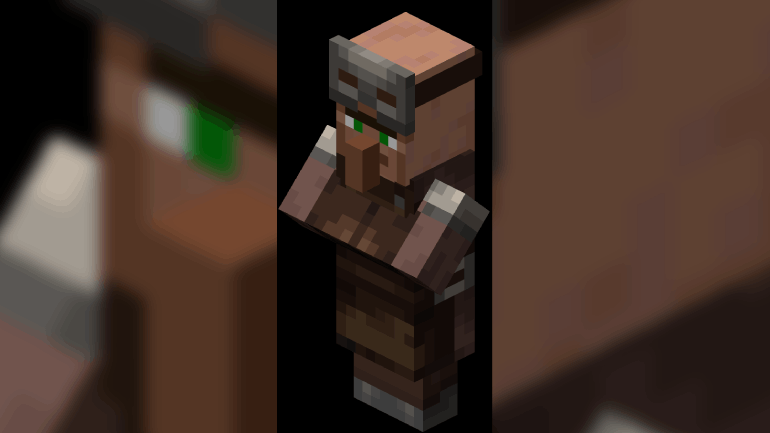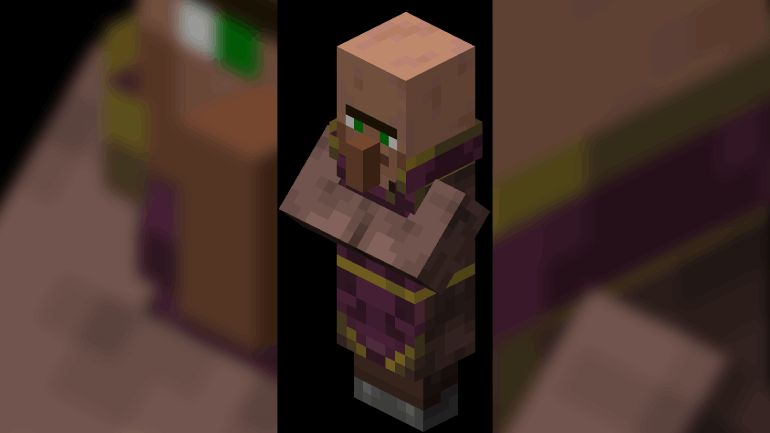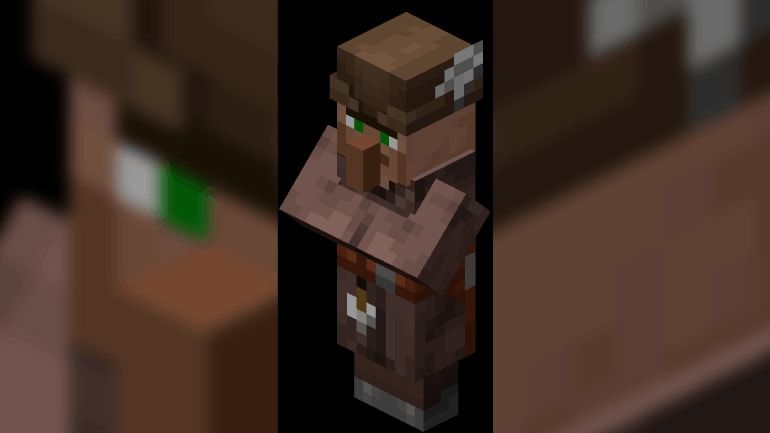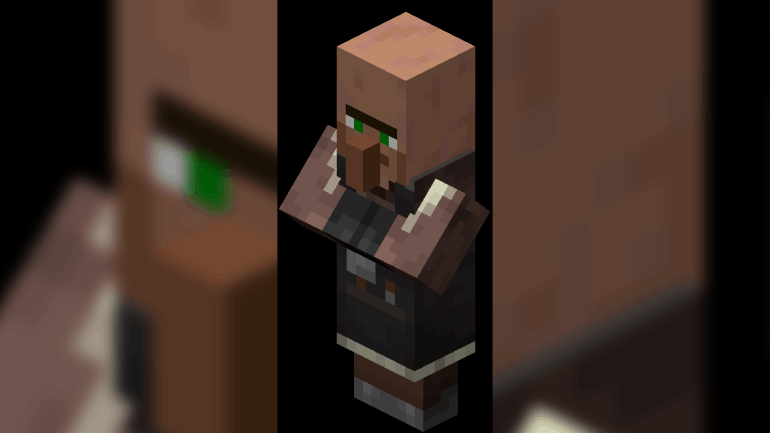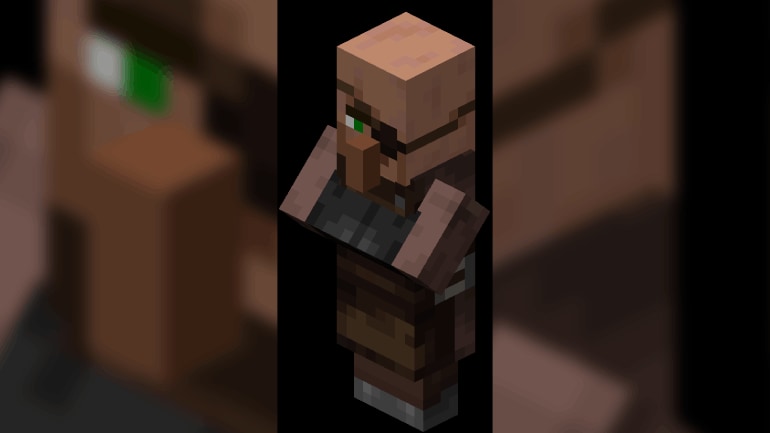Minecraft is a game that, even though it was released fifteen years ago, still breaks popularity records — both among adult players and young folks who are just beginning their adventure with gaming.
The multitude of gameplay options is something that truly captivates!
One of the interesting gameplay options is creating a settlement, where villagers will eventually start arriving (or you can acquire them yourself by capturing them from other villages or curing zombies).
These villagers can bring a range of benefits to your gameplay. This is because everything is based on the professions they are assigned to.
What does the list of Minecraft villager jobs look like? How many villager professions are there? Today we will explain everything to you!
Types of Villager Jobs
In Minecraft, there are a total of fifteen professions. Thirteen of them are actual jobs, but there are two additional ones assigned to villagers who, in fact, do not have any job.
One of them is Unemployed — this is an NPC without a profession who can, however, be assigned to a task (how this works will be explained later in the article).
The second is Nitwit — a non-working villager who cannot take on any job (they even look different. Usually villagers that can be assigned to work wear brown robes but Nitwits rock green attires). The remaining occupations are as follows:
Armorer
The Armorer is a villager who, as the name suggests, specializes in producing various armour pieces and shields, which means you can trade or buy such items (as well as bells) from them. Over time, as the Armorer levels up, you can even buy enchanted as well as diamond or emerald armour pieces.
It is important to know that you can trade with this and any other villagers, by exchanging unnecessary items in your inventory. The Armorer is always happy to trade items useful in his job, like iron, coal, or lava buckets.
Butcher
This villager specializes in preparing meat, so you can buy from them cooked meats such as cooked chicken or cooked pork, and rabbit stews.
You can trade food-related items (such as raw meats and sweet berries) with them, as well as dried kelp blocks or coal.
Cartographer
An NPC with this profession is worth having in your village because they provide empty maps, frames, and banners. As they level up, you can also obtain valuable ocean and woodland explorer maps, which are incredibly useful for treasure hunters.
The Cartographer is always in need of paper, glass panes, and compasses.
Cleric
This NPC is particularly useful because you can buy various valuable minerals such as redstone dust, lapis lazuli, glowstone, or ender pearls. From a high-level Cleric, you can even get a Bottle o’ Enchanting (throwable item that releases experience orbs on impact).
In exchange, they accept items like gold, glass bottles, rabbit’s foot, gold ingots, and even rotten flesh!
Farmer
Like the Butcher, the Farmer can offer your character various food-related items — for example bread, pies, cookies, cakes, rare fruit and vegetables, and even suspicious stews that can grant your character interesting effects such as Night vision or Jump Boost, but keep in mind that they are not always positive. You also could get blind or poisoned for a short time.
You can trade crops collected during the game with them. They are always happy to accept wheat, potatoes, carrots, beetroots, pumpkins, and melons.
Fisherman
This is another profession related to food. However, as you might guess, this time it’s primarily dishes made from fish, such as cooked salmon, cooked cod or a bucket of cod. Interestingly, this NPC offers an enchanted fishing rod and a ready-to-use campfire.
You can trade raw fish (such as salmon, puffer fish, cod, or tropical fish), string, and coal with them.
Fletcher
The Fletcher is a villager who deals with everything related to archery. You can get arrows, bows, crossbows (including enchanted ones), tipped arrows, and flints from them.
They accept sticks, strings, flint, gravel, and feathers in exchange.
Leatherworker
The Leatherworker, like the Armorer, produces armour pieces but specializes in leather ones. They also craft horse-related items like saddles and leather horse armour.
They accept materials they may need in their work, like leather, rabbit hides, flint, and scute.
Librarian
This is another unique profession, turning an unemployed NPC into a treasure trove of interesting, useful items. You can obtain bookshelves, enchanted books (used for enchanting other items), lanterns, compasses, clocks, and glass from them.
The Librarian accepts books, paper, ink sacs, and quills.
Mason/Stonemason
This profession has two names depending on the game edition. In Minecraft Java Edition, it is Mason, while in the Bedrock Edition, it is Stonemason.
Villagers in this job provide various types of stones and stone products, such as bricks, stone bricks, quartz items, terracotta, and glazed terracotta in different colours, among others.
They accept clay balls, raw stone blocks like stone and andesite, and quartz.
Shepherd
As the name suggests, this job is primarily related to sheep and their products — wool. You can obtain woollen items such as banners, beds, carpets, and wool in various colours from them.
They trade for blocks of wool in base colours (such as black, white, grey, and brown) and various dyes.
Toolsmith
The Toolsmith is another extremely useful worker in the village. They provide various tools — axes, shovels, hoes, and pickaxes made from various materials (from stone to diamond), including enchanted ones. They also offer bells.
Furthermore, they accept coal, iron ingots, flints, and diamonds.
Weaponsmith
Finally, is the Weaponsmith. Their offerings focus on various types of weapons (including enchanted ones) as well as bells.
They accept coal, iron ingots, flints, and diamonds in exchange.
Importantly, all these NPCs are eager to trade not only items but also emeralds with our character — you can exchange your pieces of emerald for the items they offer or sell your items for these precious gems and, for example, spend them at any other villagers “trade stands”.
You have probably also noticed that we mentioned high-level traders earlier. How does a regular Armorer become a Master-level Armorer over time? Each trade with such a villager increases their experience points, thereby raising their level. Generally, after 12–16 trades with your character, a villager advances from Novice to Apprentice and higher, until they reach Master level. At this point, all the items they can offer (e.g., diamond tools, enchanted items, etc.) are unlocked.
Minecraft Villager Job Blocks
Now that you know what jobs can villagers have, you’re probably wondering what causes them to take on specific professions or how to assign a villager to a specific job. This is where job blocks come into play.
Job blocks are nothing more than blocks representing various tools or devices associated with specific professions. Creating them is incredibly simple, as they are usually made from common, accessible resources. Below is a list of professions along with their corresponding job blocks and short instructions on how to build them:
- Armourer: Blast Furnace – To make this job block, combine five iron ingots, one furnace, three smooth stones.
- Butcher: Smoker – All you need are four wood blocks and one furnace.
- Cartographer: Cartography Table – To make the table just combine four planks and two papers.
- Cleric: Brewing Stand – You only need one blaze rod and three cobblestones.
- Farmer: Composter – Nothing more but seven wooden slabs.
- Fisherman: Barrel – Simply combine six wooden planks and two wooden slabs.
- Fletcher: Fletching Table – All you need are four wooden planks and two flints.
- Leatherworker: Cauldron – Easy! Just combine seven iron ingots.
- Librarian: Lectern – Find four wooden planks and one bookshelf and combine them.
- Mason: Stonecutter – Put together one iron ingot and three stones.
- Shepherd: Loom – All you need are two wooden planks and two strings.
- Toolsmith: Smithing Table – Two iron ingots, four wooden planks – put them together!
- Weaponsmith: Grindstone – “Shopping list” include two wooden planks, two sticks, one stone slab.
If you’re unhappy with a villager’s current profession or lack a particular worker in your village, simply destroy the job block the NPC typically uses (turning them into an Unemployed villager) and place a new one. Then, wait for the villager to claim it. Note that the new job block must be placed near the character, with no obstructions blocking access.
Summary
As you can see, assigning villager jobs is an interesting way to create a lively village and prepare places where you can easily and quickly acquire unique items and resources. And completing this task is incredibly straightforward!
Remember, you can always use the job blocks placed in the village to craft items for your own use.

